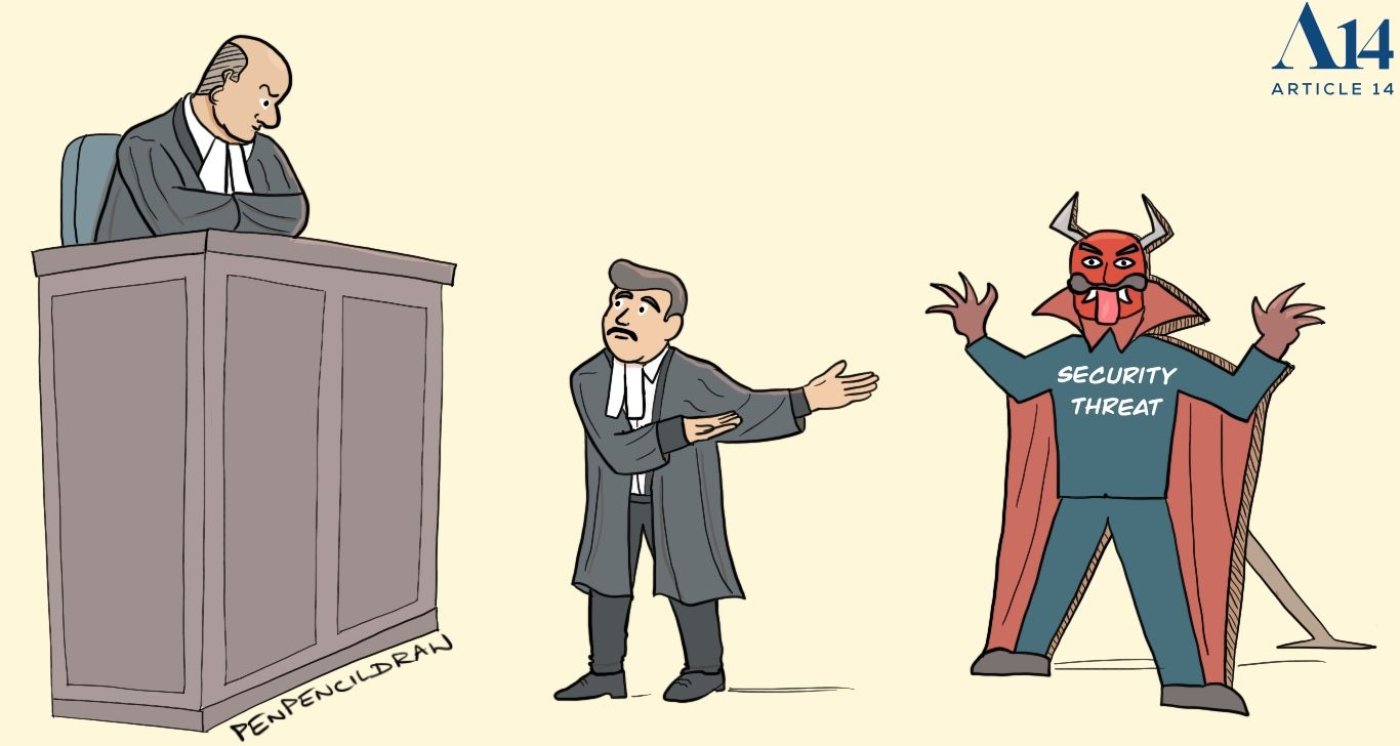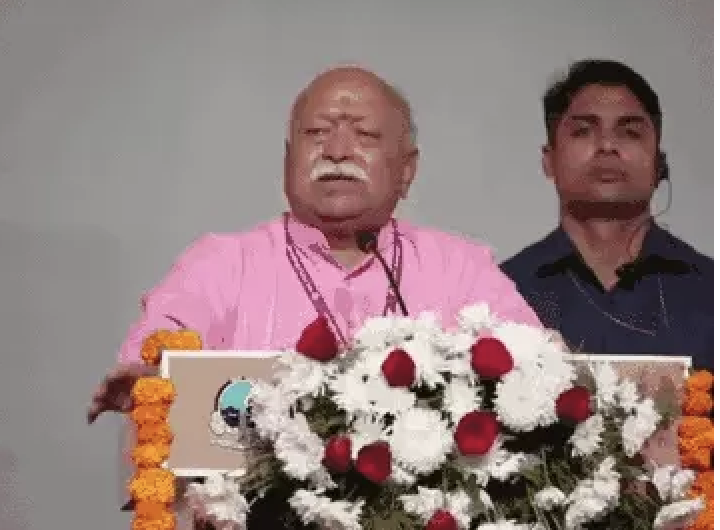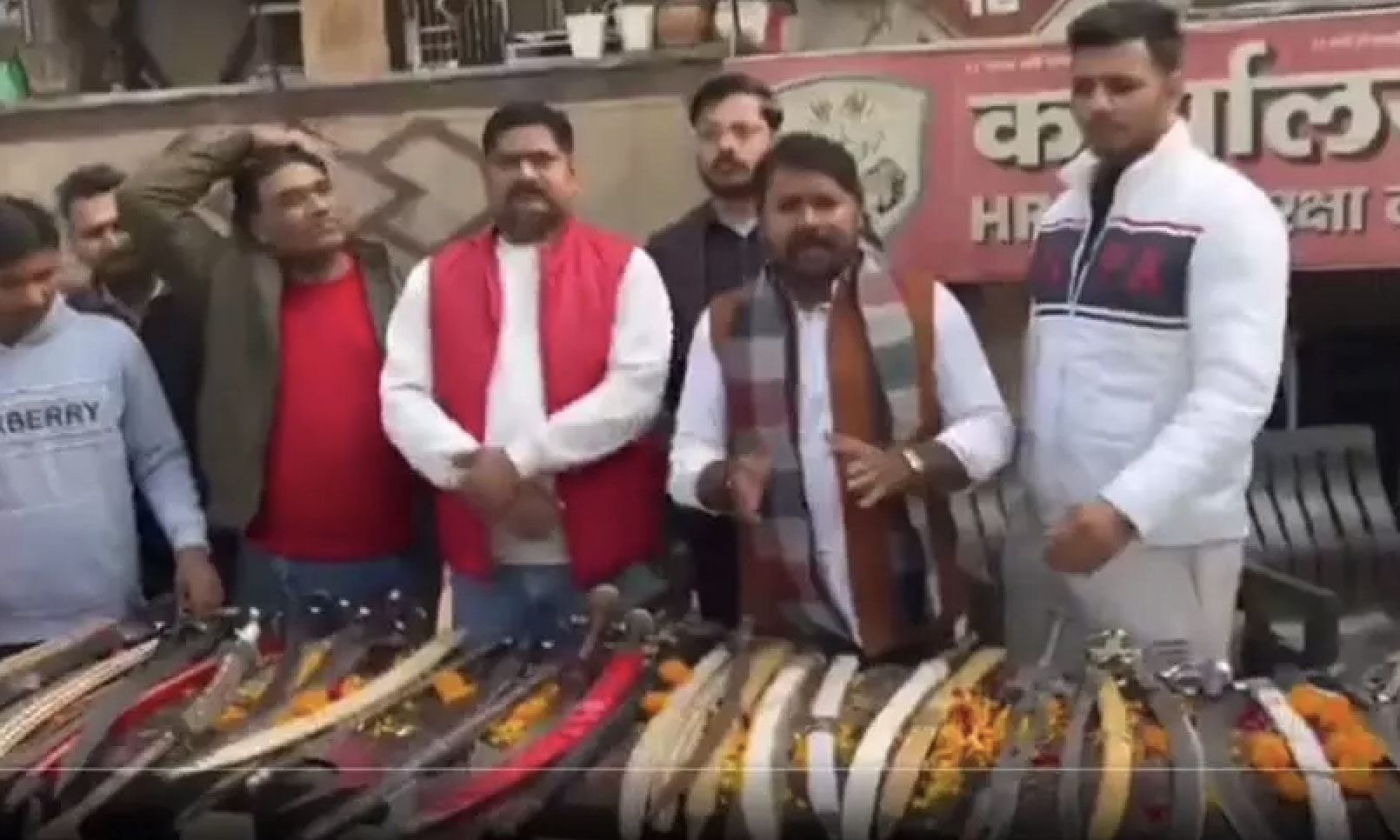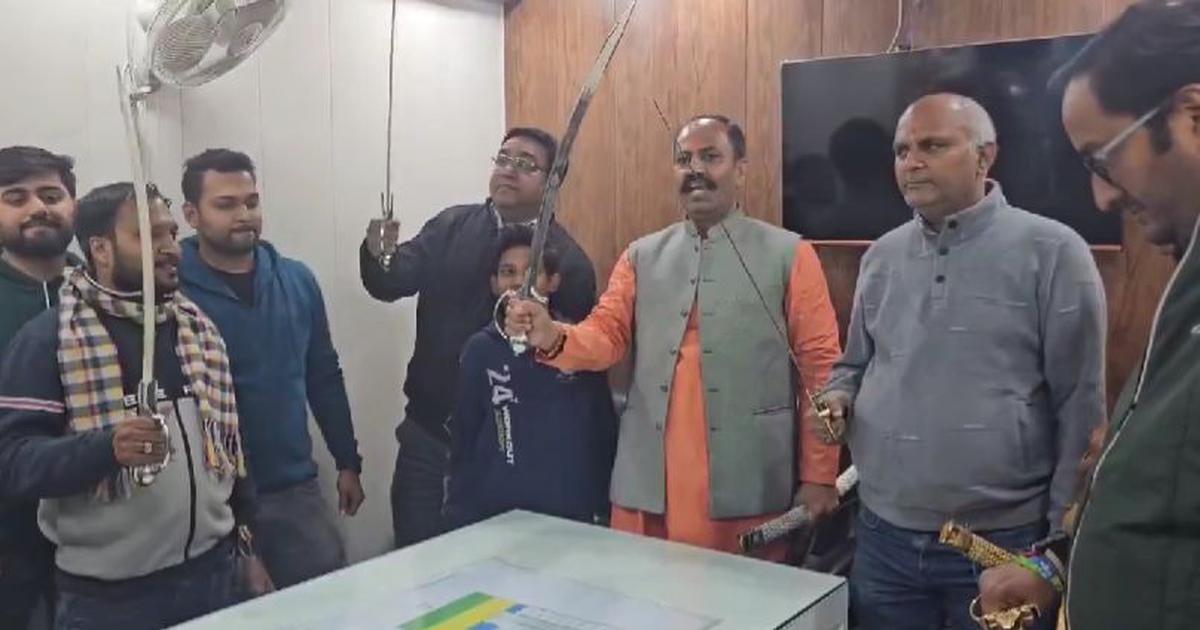
New Delhi: In April 2024, a division bench of the Jammu & Kashmir and Ladakh High Court passed a judgement while granting bail to Khursheed Lone, prosecuted under the Unlawful Activities (Prevention) Act (UAPA) 1967, remarkable on three counts.
Firstly, bail was granted in the case that concerned terrorism charges in Kashmir.
Secondly, the High Court dealt headfirst with a critical issue for bail jurisprudence under the UAPA—whether a court can conclude that accusations are not ‘prima facie’ true for bail, after it has held that there is a ‘prima facie’ case and framed formal charges against an accused?
Thirdly, the answer was a resounding ‘yes’, and the High Court rejected the government’s case, which effectively sought to preclude bail in UAPA cases where charges were framed.
Out of all these remarkable facets meriting lengthy discussions, what stood out were the observations in a prefatory section, which merit quoting in full:
The question of internal security may be real, or a bogie which the state attempts to compel the Court to believe as real, by impressing upon the Court on aspects of internal / national security and thereby try to get the Court to dismiss the application for bail by the contending that the imperatives of internal security demand that the accused remain incarcerated even in the absence of judicially cognizable material against the accused only because there is a suspicion that the accused may be involved in the offence as charged. An overbearing subliminal belief in the primacy of internal security of the State in the subconscious mind of the judge, could result in the inadvertent oppressive application of a draconian law resulting in the denial of liberty, unsupported by judicially cognizable material. The words of the French thinker Voltaire on internal security are relevant when he says, “Beware of the words ‘internal security’ for they are the eternal cry of the oppressor.”
It takes great courage to state the issue so plainly, especially in a judgement emerging from the political context of Kashmir.
This story was originally published in article-14.com. Read the full story here.






